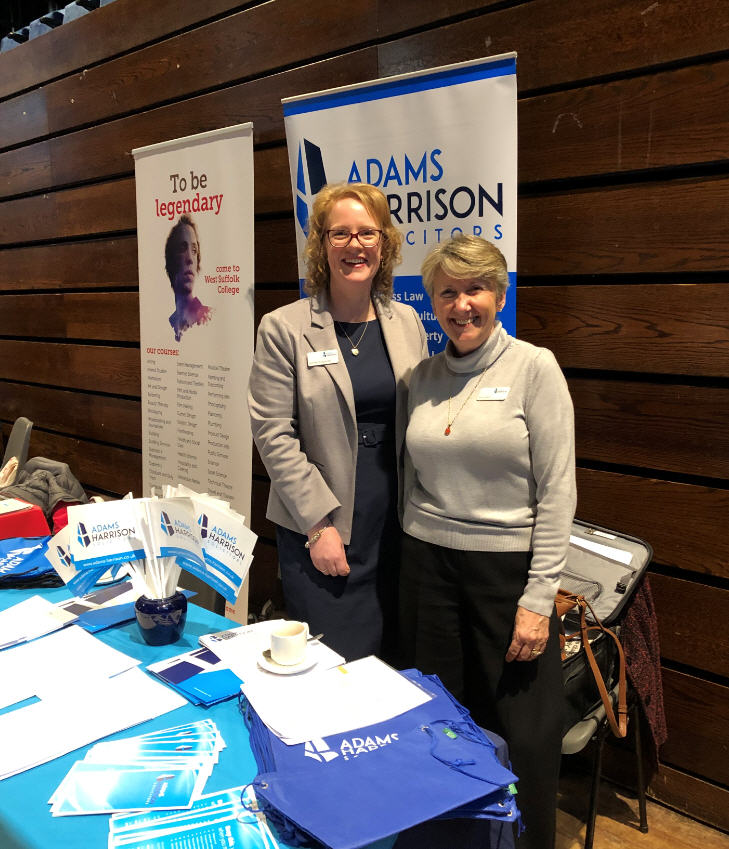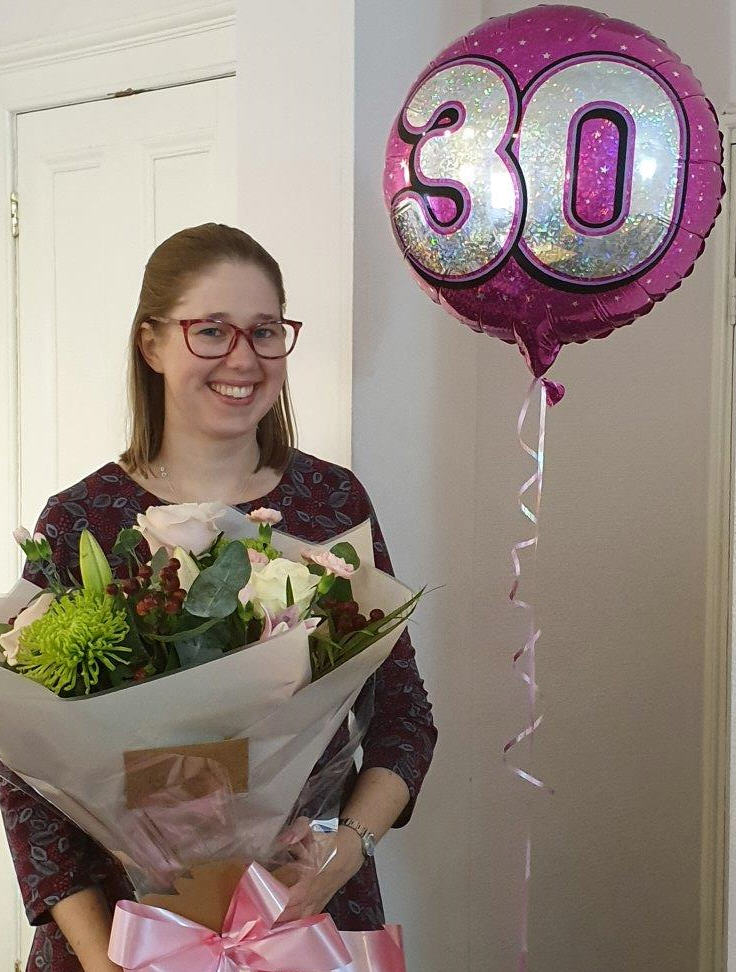Archive for month: November, 2019
Haverhill Schools Fair 2019
/in News/by Sue LawtonJenny Carpenter and Sue Lawton from Adams Harrison attended the schools fair at the Haverhill Arts Centre from 4pm to 6pm on 13th November. Parents and students attended from Haverhill based schools, Castle Manor School, Samuel Ward School and Churchill School.
We were pleased to receive feedback from the organiser;
I hope you will all agree that between us we have managed another successful event to support the students within the town.
Again, I would like to express both mine and the Partnerships thanks for your efforts to make these events the success they are.
Early Neutral Evaluation: Another Victory for Alternative Dispute Resolution
/in Legal Updates/by Anton BilinskiFollowing the Woolf Reforms in April 1999 with the replacement of the Civil Procedure Rules (CPR) meant that prospective litigants were to make every effort to settle their differences via pre-action protocols with the intention of avoiding Court proceedings.
The most common aspect of ADR was mediation. Whilst CPR required the Court to manage cases actively by encouraging each party to use ADR the rules fell short of making ADR mandatory. However the risks of costs penalties that likely befall those who ignore such offers of ADR were sufficient to bring them into line. Even if you are successful, an unreasonable refusal to mediate would impact upon your cost recovery.
On the 1st October 2015 the CPR concerning the court’s powers of case management were amended to ‘any other step or make any other order for the purpose of managing the case and furthering the overriding objective including hearing an Early Neutral Evaluation (ENE) with the aim of helping the parties settle the case’
Early Neutral Evaluation is an alternative dispute resolution procedure whereby the parties agree to submit their dispute to an independent third-party expert to provide a preliminary view on the merits of the parties’ respective positions.
The evaluation is not binding on the parties unless the parties elect for it to be and is entirely without prejudice. The process is particularly useful where the parties have very differing views of the prospects of success and perhaps an inadequate understanding of the risks of litigation itself.
Until now it has not been clear whether the court could impose ENE on the parties without their consent. In Lomax v Lomax, decided on 20 May 2019, Parker J held that it could not. She held, “on the finest of fine balances”, that she could not order an ENE essentially because the Rules were not clear when one party had not consented to ENE.
The Court of Appeal set aside Parker J’s decision on 6 August 2019. In the leading judgment Moylan LJ’s view on the words “encouraging” and “facilitating” in CPR 1.4(2)(e) did not lead to the implication that consent was required nor was there any limitation on the court’s power to order an ENE hearing to the effect that the agreement or consent of the parties was required.
The decision by the Court of Appeal in Lomax v Lomax has given the court more power in directing ADR no matter how entrenched each party may appear to be.
ENE can be an effective means of dispute resolution to get a practical view of the merits of each parties respective positions without spending large amounts on litigation.
Anton Bilinski
Legal Executive
Social
Recent Posts
Other Links
Latest News
Business Hours
- Monday-Friday: 9am to 5pm
- Weekends: Closed
01799 523441 Saffron Walden
01440 702485 Haverhill
01223 832939 Sawston




